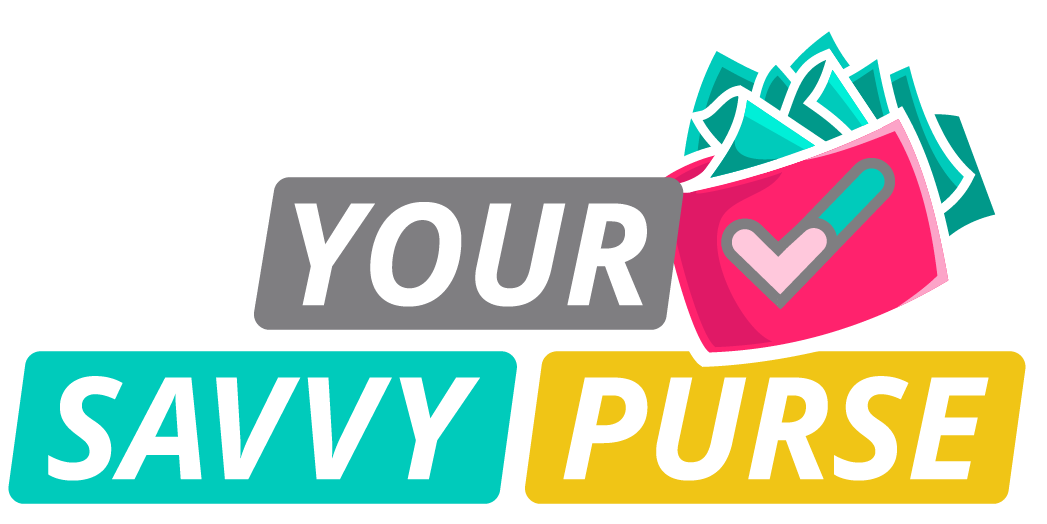We’re letting you know that this post contains sponsored links which Your Savvy Purse receives compensation for, which may impact their order of appearance.
Over the past few months, the debate around TikTok’s future in several countries has escalated, with many governments, including those in the U.S., the European Union, and parts of Asia, imposing or considering bans on the popular app. The reasons behind these bans vary, but they generally revolve around concerns related to security, data privacy, and the app’s potential influence on national interests.
As TikTok continues to grow, so do the questions surrounding its future. So, what exactly is at stake here, and what do we think about the TikTok ban situation?
Why Are Governments Considering Banning TikTok?
The primary reasons cited for TikTok bans are security and privacy concerns, particularly with the platform’s connection to China through its parent company, ByteDance. Critics argue that the Chinese government could potentially access user data or use the platform to influence global politics. Additionally, concerns about TikTok’s algorithm promoting harmful content or exploiting young audiences have also fueled the backlash.
1. National Security Concerns
A significant number of governments argue that TikTok could be a vehicle for Chinese influence, given ByteDance’s roots in Beijing. They worry that the app’s data collection could give the Chinese government access to sensitive information about users—data that could be used for surveillance or other political purposes. For instance, U.S. lawmakers have voiced concerns that TikTok could be used to gather intelligence on American citizens, or even spread disinformation, under the guise of viral content.
2. Data Privacy Issues
Another key issue is how TikTok collects and stores user data. Like many apps, TikTok collects vast amounts of personal data, such as location, device information, browsing history, and more. While TikTok insists that it complies with international data privacy laws, critics argue that the level of access granted to the app goes too far. The fears surrounding data privacy are heightened by the fact that, in some cases, this data could be stored on servers located in countries with less stringent privacy protections.
3. Content and Algorithm Concerns
TikTok’s algorithm, which tailors content to users’ preferences, is a powerful tool that can drive engagement. However, it’s also come under scrutiny for promoting harmful or addictive content. Critics argue that TikTok’s algorithm can amplify misinformation, spread conspiracy theories, and encourage dangerous challenges—especially to young, impressionable audiences.
The Global Impact of a TikTok Ban
If a TikTok ban were to go ahead in major markets like the U.S., Europe, or Australia, the consequences would be significant, both for the platform and for the millions of users who rely on it for entertainment, social interaction, and even their livelihoods.
1. Cultural and Social Loss
TikTok has become an integral part of global pop culture. From viral dance challenges to political activism, TikTok has influenced everything from fashion trends to social justice movements. For many users, the app is not just a source of entertainment but a platform for self-expression and a space where diverse voices can be heard. A ban would stifle these creative outlets, limiting people’s ability to connect with others across borders and cultures.
2. Economic Impact on Creators and Businesses
The economic implications of a TikTok ban would also be felt by content creators, influencers, and businesses that have built their brands on the platform. Many influencers make significant income through brand deals, sponsorships, and ad revenue, while small businesses have found TikTok to be an invaluable tool for reaching customers in an organic, engaging way. A ban would force these creators and companies to scramble for alternative platforms, potentially leading to financial uncertainty.
3. Shift to Other Platforms
If TikTok were banned in certain regions, it’s likely that many users and creators would migrate to other social media platforms like Instagram Reels, YouTube Shorts, or Snapchat. While these platforms may offer similar features, TikTok’s unique blend of short-form videos, viral trends, and algorithm-driven discovery has made it a standout. A sudden exodus to other platforms could lead to a shift in the digital ecosystem, but it’s unclear whether these alternatives could ever truly replicate the magic of TikTok.
What Do We Think About the TikTok Ban?
As a team, we understand the complexities surrounding the TikTok ban issue. On the one hand, we recognize the legitimate concerns about data privacy and national security. The digital age has ushered in new challenges around the storage and use of personal data, and it’s important that governments take these issues seriously. Platforms like TikTok, with their massive global user bases, should be held to the highest standards of transparency and accountability.
However, banning TikTok seems like a drastic measure. Here’s why:
1. A Global Digital Economy Needs Cooperation, Not Isolation
In an increasingly globalized world, digital platforms like TikTok serve as important bridges for cultural exchange and economic opportunity. Banning apps or isolating them based on geopolitical tensions could lead to fragmentation of the internet—a “splinternet.” This would limit the flow of information, reduce access to new ideas, and potentially harm economic growth in both the short and long term. A better approach might be to work toward international data-sharing agreements and stricter regulations on data privacy.
2. The Risks of Overreaction
While security and privacy are important issues, the scope of the problem might not justify an outright ban. Banning a platform as popular as TikTok could set a dangerous precedent for internet censorship. It also risks punishing millions of innocent users who enjoy the platform and contribute positively to its community. Rather than banning the app, governments could invest in more robust data privacy laws and hold platforms accountable through stricter regulations.
3. The Bigger Issue: Regulation of the Digital Space
Instead of focusing on one platform, a more holistic approach to regulating the digital space is needed. Governments should create clearer, more comprehensive regulations on data privacy, algorithm transparency, and user safety across all social media platforms. The focus should be on creating an environment where user data is protected, and harmful content is addressed, without stifling innovation or infringing on free expression.
What’s Next for TikTok?
For now, TikTok’s future remains uncertain in some parts of the world, as governments continue to deliberate on potential bans or restrictions. It’s clear that the app has become more than just a social media platform—it’s an economic and cultural force that affects millions of lives. Whether or not TikTok is banned, the larger conversation around data privacy, security, and digital governance will continue to evolve.
Ultimately, we believe that banning TikTok is not the solution. The focus should be on creating stronger regulatory frameworks that ensure user safety, protect data privacy, and promote transparency in how platforms operate. In the end, the digital age requires cooperation, not isolation. The best way forward is one where the internet remains an open space for creativity and innovation, while also respecting user rights and national security concerns.
What do you think? Should TikTok be banned, or should governments work on stronger regulations? Let us know in the comments!



